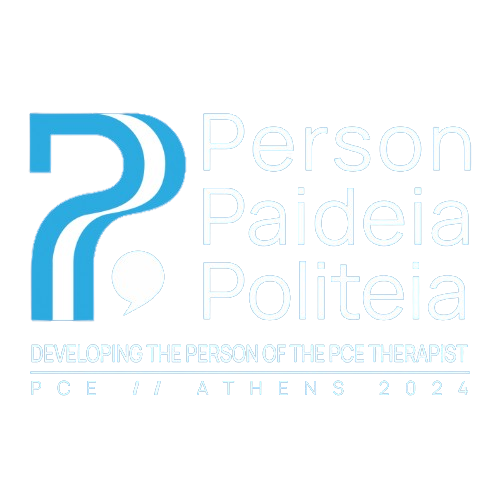Invitation
to Athens

Α short welcome…
«Ἄρξομαι δὲ ἀπὸ τῶν προγόνων πρῶτον• δίκαιον γὰρ αὐτοῖς καὶ πρέπον δὲ ἅμα ἐν τῷ τοιῷδε τὴν τιμὴν ταύτην τῆς μνήμης δίδοσθαι. τὴν γὰρ χώραν οἱ αὐτοὶ αἰεὶ οἰκοῦντες διαδοχῇ τῶν ἐπιγιγνομένων μέχρι τοῦδε ἐλευθέραν δι’ ἀρετὴν παρέδοσαν»
Θουκιδίδης, Eπιτάφιος Περικλέους, 36
“I will start with the ancestors first. It is our duty and at the same time it is necessary on this occasion to give this honor to their memory. Because, living continuously in this country, they handed it over to us, successively one generation after another thanks to their virtue, free now “
Thucydides, Pericles’s Funeral Oration, 36
5th century B.C
Αγαπητοί πολίτες του κόσμου/Dear citizens of the world,
Kαλώς ορίσατε στην πόλη μας, την Αθήνα! /Welcome to our city, Athens!
We feel extremely honored to offer you our filoxenia /hospitality and to share with you the unique experience of a PCE Conference, where polis /city, pedeia /education and prosopo /person as concepts but also as reality have a timeless value.
In this country where democracy was born, let’s make modern Athens the perfect context for a special experiential and dialogical journey of a continuum from the classical past to the humanistic today on the solid foundation of our person-centred and experiential values.
In ancient Greece, the democratic state and its values were passed on by our ancestors. Given the current opportunity, we wish to express our gratitude to our ancestors, the founders of the person-centred and experiential approach in Greece, Polly and Ioulios Iossifides, who during the anti-dictatorship struggle in Greece were among the first active members of the “Democratic Defence”.
In 1989, they initiated the Institute of Person-Centred Approach, the first institution offering professional education in Person-Centred Counselling and Therapy in Greece. College for Humanistic Sciences – ICPS and The Panhellenic Association of Professionals in the Person-Centred & Experiential Approach (PEEPVIP) continue their legacy in our days.
In June 2009, ICPS organized the International Conference “Person-Centred Counselling & Psychotherapy Today: Journey and Challenges” in Athens with 350 participants from 25 countries and 10 leading academics, chaired by Polly Iossifides.
We thank Polly and Ioulios warmly for introducing PCE in Greece. They still remind us what it means to be a democratic and fully-functionning person.
We are also deeply thankful to WAPCEPC, to all of you as members of the person-centred and experiential community and more particularly to Professor David Murphy for accepting to be Head of the Scientific Committee in our Conference. Ultimately, we are truly indebted to our colleagues from Ukraine, who had initially undertaken to hold the Conference in their beautiful country and due to the war conflict were unable to do!
We hope you will enjoy our Conference under the roof of Xenios Ζeus/Welcoming Zeus… in the shadow of the Acropolis.
Μaria Kefalopoulou
Head of the Organizing Committee
we are here to create a completely new experience for you.
Dear delegates,
The Panhellenic Association of Professionals in the Person-Centred & Experiential Approach (PAPCEA/PEEPVIP), the ICPS College for Humanistic Sciences and the World Association for Person Centered and Experiential Psychotherapy and Counseling (WAPCEPC) invite you to attend the 16th PCE conference 2024 in Athens, Greece.
Following the growing interest of many students and professionals in Person Centred and Experiential Approaches in Greece, we believe that the PCE 2024 in Athens, will strengthen the already existing community and attract professionals to the united colors of PCE. The event in the city of Athina (the Goddess of Wisdom in Ancient Greece), can create the space for discussion and fruitful exploration of new frontiers for our approaches.
Athens is a warm, friendly and low-cost city, which provides a great opportunity for the visitor to blend into philosophy and visit historic museums and monuments.
Two powerful organizations will undertake the organization of the event in collaboration with the Board of WAPCEPC. The first one, is the Panhellenic Association of Professionals in the Person-Centered & Experiential Approach, which is the umbrella for Greek Counselors and Psychotherapists in PCE in Greece.
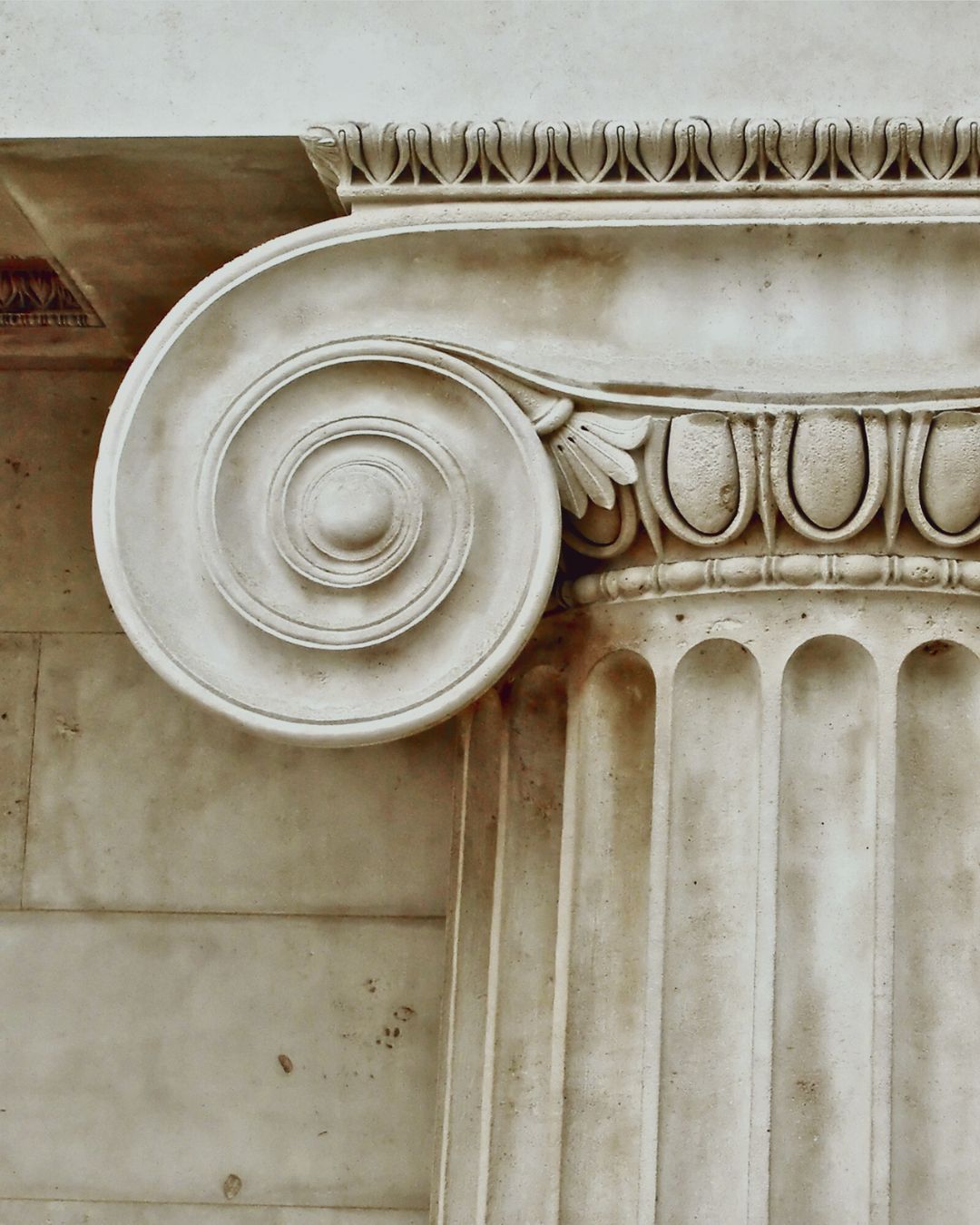
The second organization is the College for Humanistic Sciences – ICPS, the institute which is focusing exclusively on the sciences associated with the human behavior since 1989 and has introduced the Person centered Approach to the Greek community. ICPS is providing high quality programs in Counseling and Psychotherapy in collaboration with UK Universities such as the Strathclyde University and the University of Central Lancashire.
ICPS and PAPCEA/PEEPVIP will work together with several professional and organizational partners to realize the organization of the conference. We will reach out to volunteers in our PCE Community and among students at our college and Universities. We aim in creating the space for the world community of PCE to easily access the event in comfort. The local organizing committee is sincerely looking forward to welcoming you to Athens in 2024.
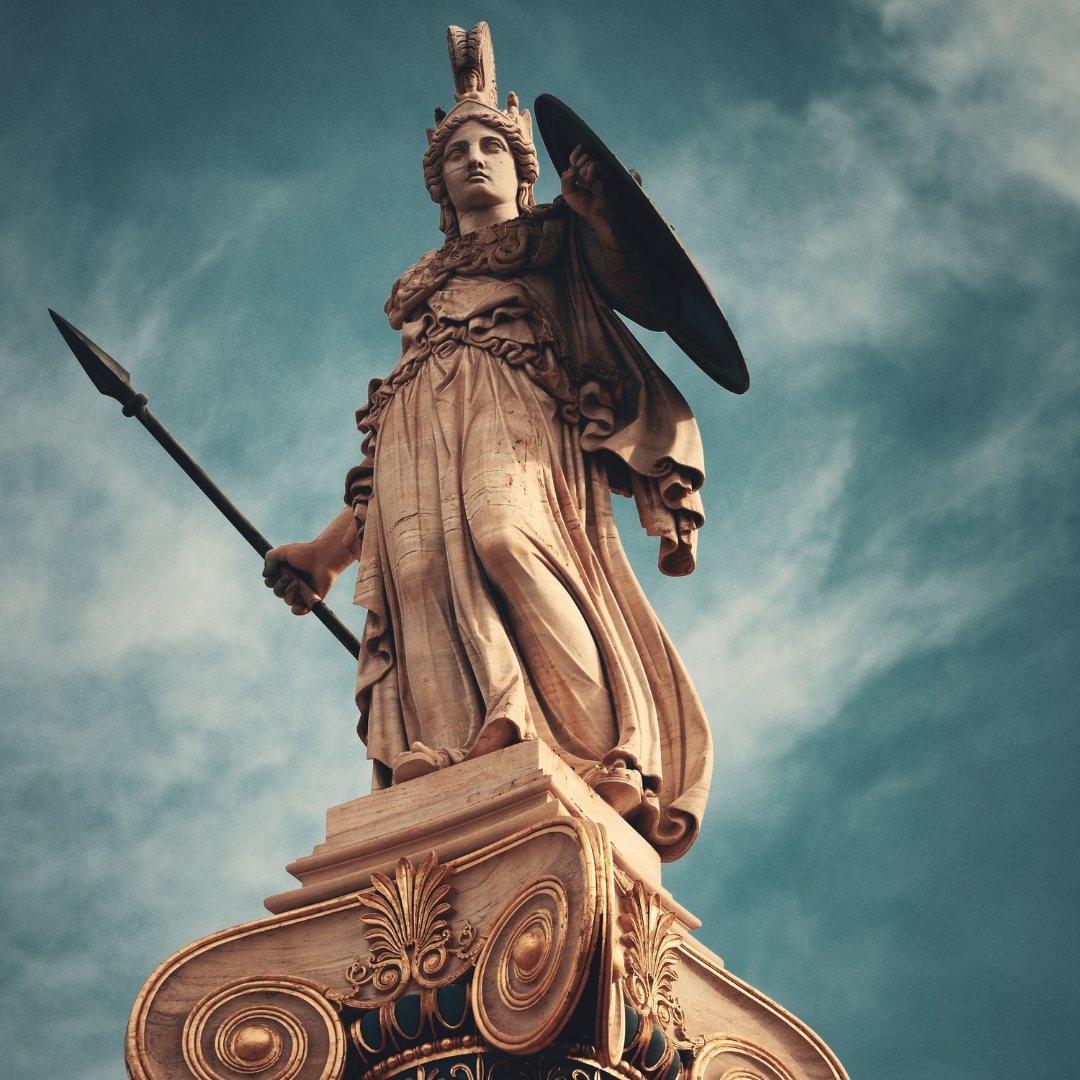
this is
athens
According to the ancient Athenian myth, Athena, the goddess of wisdom and war, competed against Poseidon, the God of the Seas, for patronage of the yet-unnamed city; they agreed that whoever gave the Athenians the better gift would become their patron and appointed Cecrops, the king of Athens, as the judge. According to the account given by Pseudo-Apolodorus, Poseidon struck the ground with his trident and a salt water spring welled up. In an alternative version of the myth from Vergil’s poem Georgics, Poseidon instead gave the Athenians the first horse. In both versions, Athena offered the Athenians the first domesticated olive tree. Cecrops accepted this gift and declared Athena the patron goddess of Athens.
Athens is one of the biggest economic centers in Southeastern Europe. It also has a large financial sector, and its port Piraeus is both the largest passenger port in Europe, and the third largest in the world.
The Municipality of Athens (also City of Athens), which actually constitutes a small administrative unit of the entire city, had a population of 664,046 (in 2011) within its official limits, and a land area of 38.96 km2. The Athens Urban Area or Greater Athens extends beyond its administrative municipal city limits, with a population of 3,090,508 (in 2011) over an area of 412 km2 . Athens is also the southernmost capital on the European mainland and the warmest major city in Europe.
check The city
athens visitors guide


The concept of community
Athenian Agora
You can join us in the open space of Technopolis, a meeting point that can represent the Agora, the open heart of Ancient Greece and connect yourselves with the Greek spirit of community that involves.
Agora is the open space in the ancient Greek cities named as the place of location and as the assembly of citizens. The citizens of Athens employed there their various activities including the discussion of civic, legal and religious affairs, of the events of everyday life of Athenians and the realization of philosophical dialogues. Agora also functioned as a public place for social life and an open market in an open area. It is an historical term, which we meet for the first time at the times of Homer.
The agora of Athens was located below the Acropolis near the building of the Theseion (the Temple of Hephaestus), and continues to remind us the ancient city since open-air markets are still held in that same location today. Agora of Athens is identified as the birthplace of democracy since it was here that political discussions and arguments of the citizens, who came into the assembly, contributed to the emergence of politics and public discourse giving power to the people.
Later, the Greek agora influenced the development of the Roman forum in a more rigid and regular manner and a location with planned architecture. Until our days, the Agora and the Forum remain the center of the lives of citizens in the world.
Join us in the space that democracy was created and that makes us think how important it is to keep this regime alive today.
Culture & Art
The city is a world center of archaeological research. Alongside national academic institutions, such as the Athens University and the Archaeological Society, it is home to multiple archaeological museums, taking in the National Archaeological Museum, the Cycladic Museum, the Epigraphic Museum, the Byzantine & Christian Museum, as well as museums at the ancient Agora, Acropolis, Kerameikos, and the Kerameikos Archaeological Museum. The city is also the setting for the Demokritos laboratory for Archaeometry, alongside regional and national archaeological authorities forming part of the Greek Department of Culture.
Athens hosts 17 Foreign Archaeological Institutes which promote and facilitate research by scholars from their home countries. As a result, Athens has more than a dozen archaeological libraries and three specialized archaeological laboratories, and is the venue of several hundred specialized lectures, conferences and seminars, as well as dozens of archaeological exhibitions each year. At any given time, hundreds of international scholars and researchers in all disciplines of archaeology are to be found in the city.
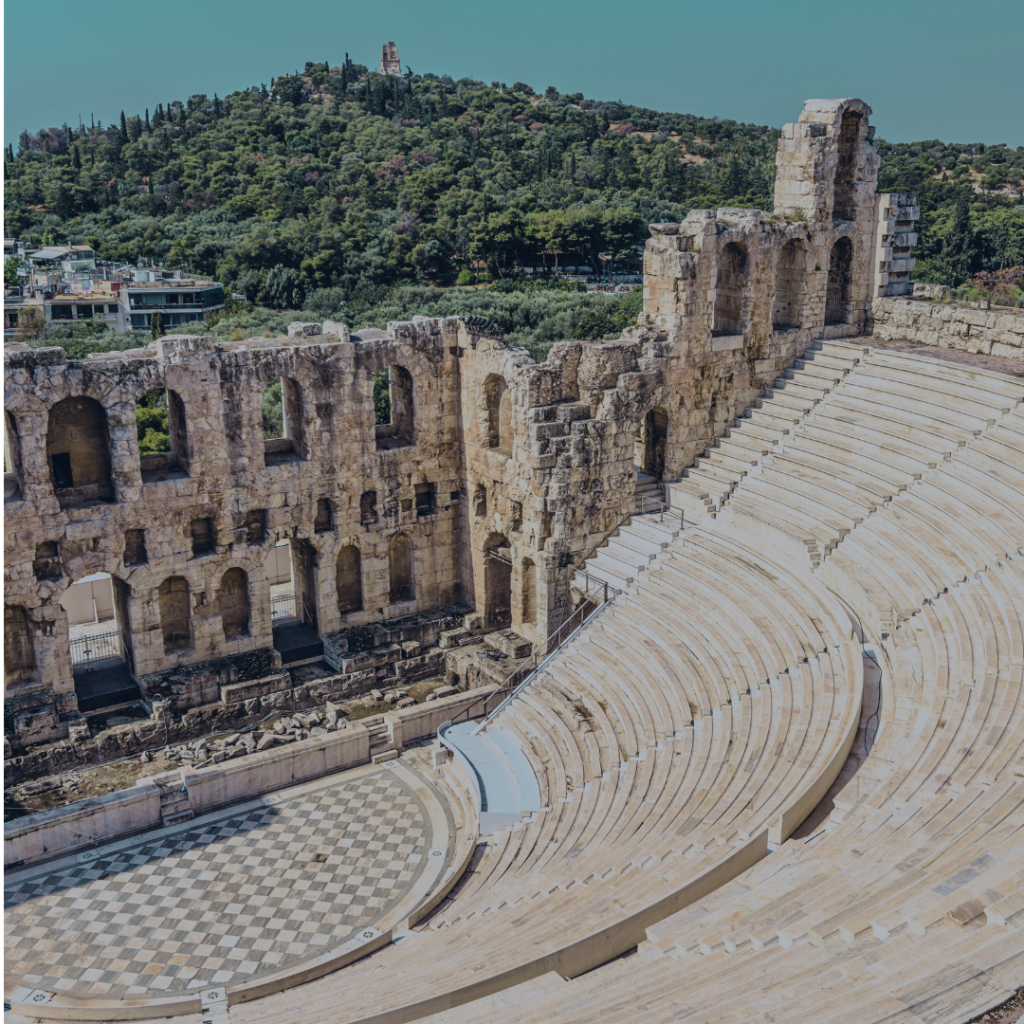
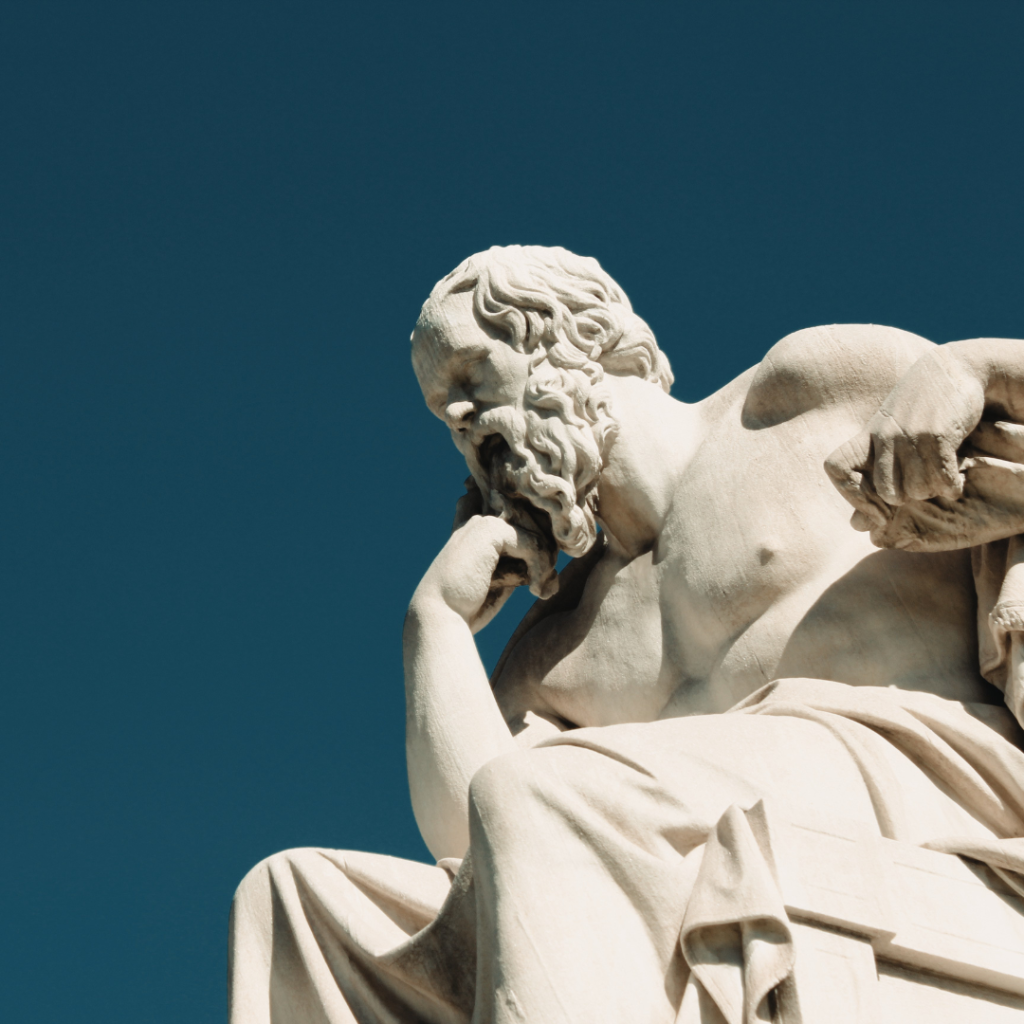
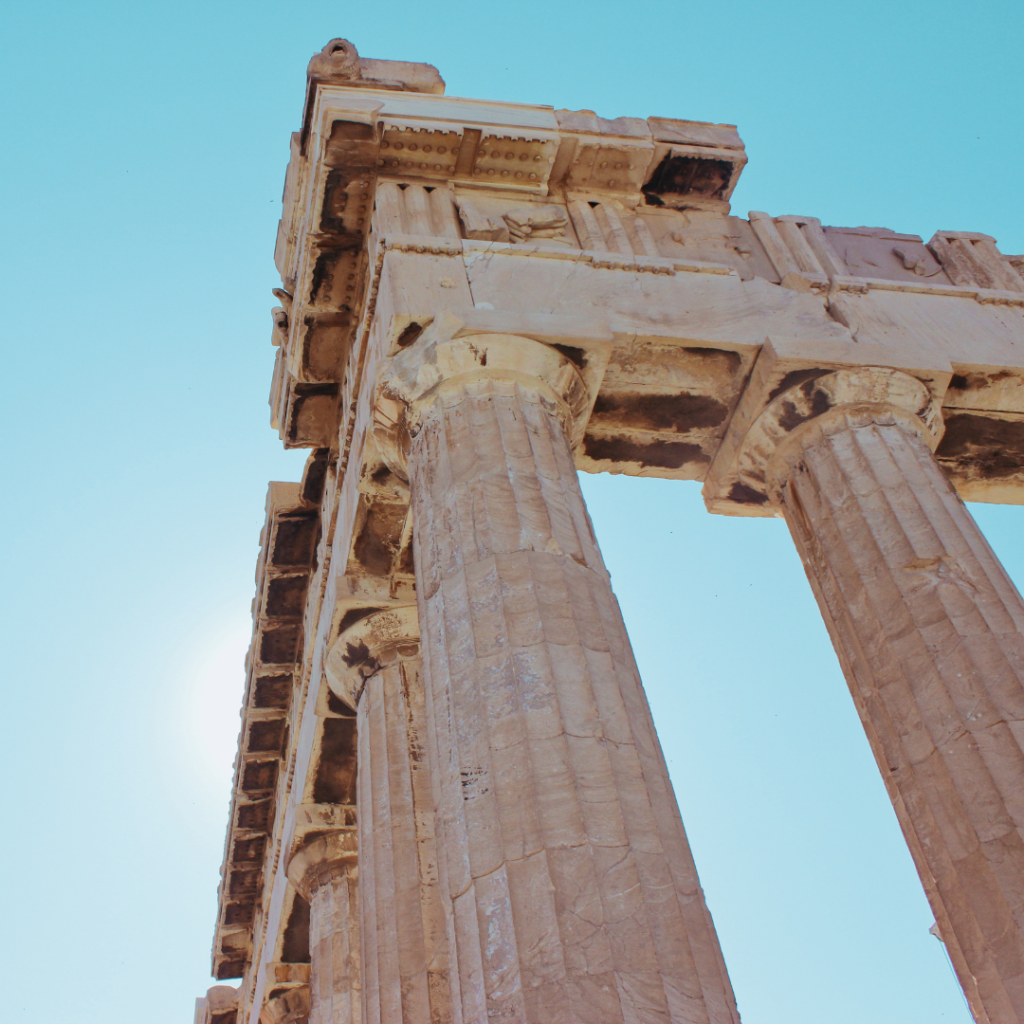
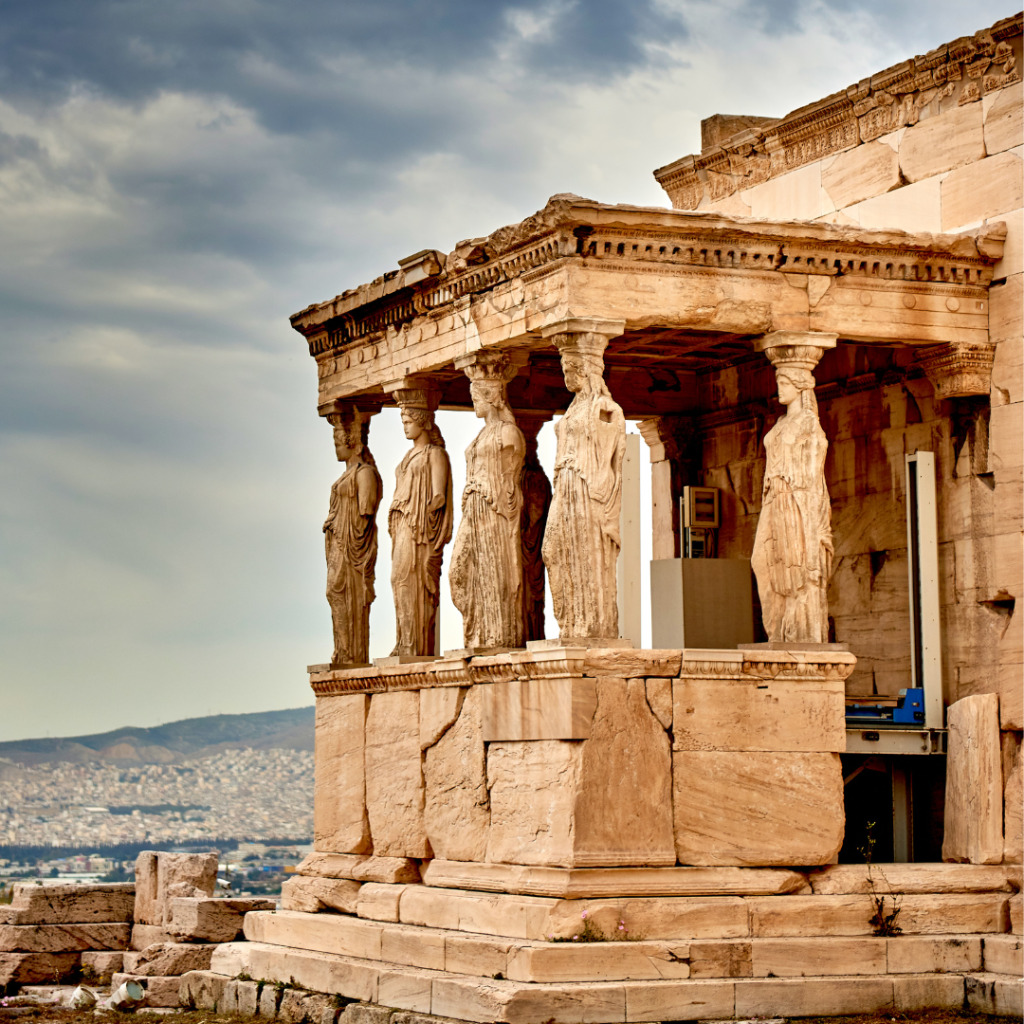
Athens is home to 148 theatrical stages, more than any other city in the world, including the ancient Odeon of Herodes Atticus, home to the Athens Festival, which runs from May to October each year. In addition to a large number of multiplexes, Athens plays host to open air garden cinemas. The city also supports music venues, including the Athens Concert Hall (Megaro Moussikis), which attracts world class artists.The Athens Planetarium, located in Andrea Syngrou Avenue, in Palaio Faliro[150] is one of the largest and best equipped digital planetaria in the world. The Stavros Niarchos Foundation Cultural Center, inaugurated in 2016, houses the National Library of Greece and the Greek National Opera.
